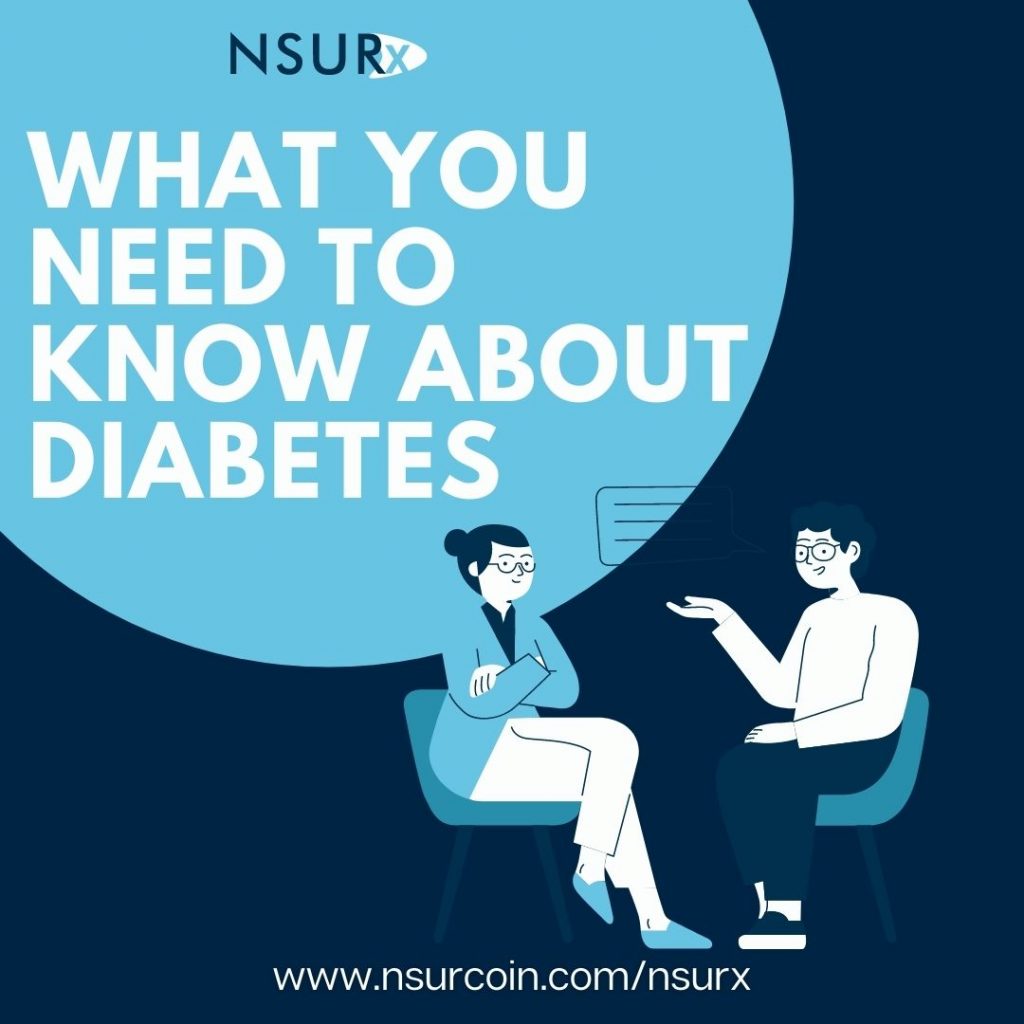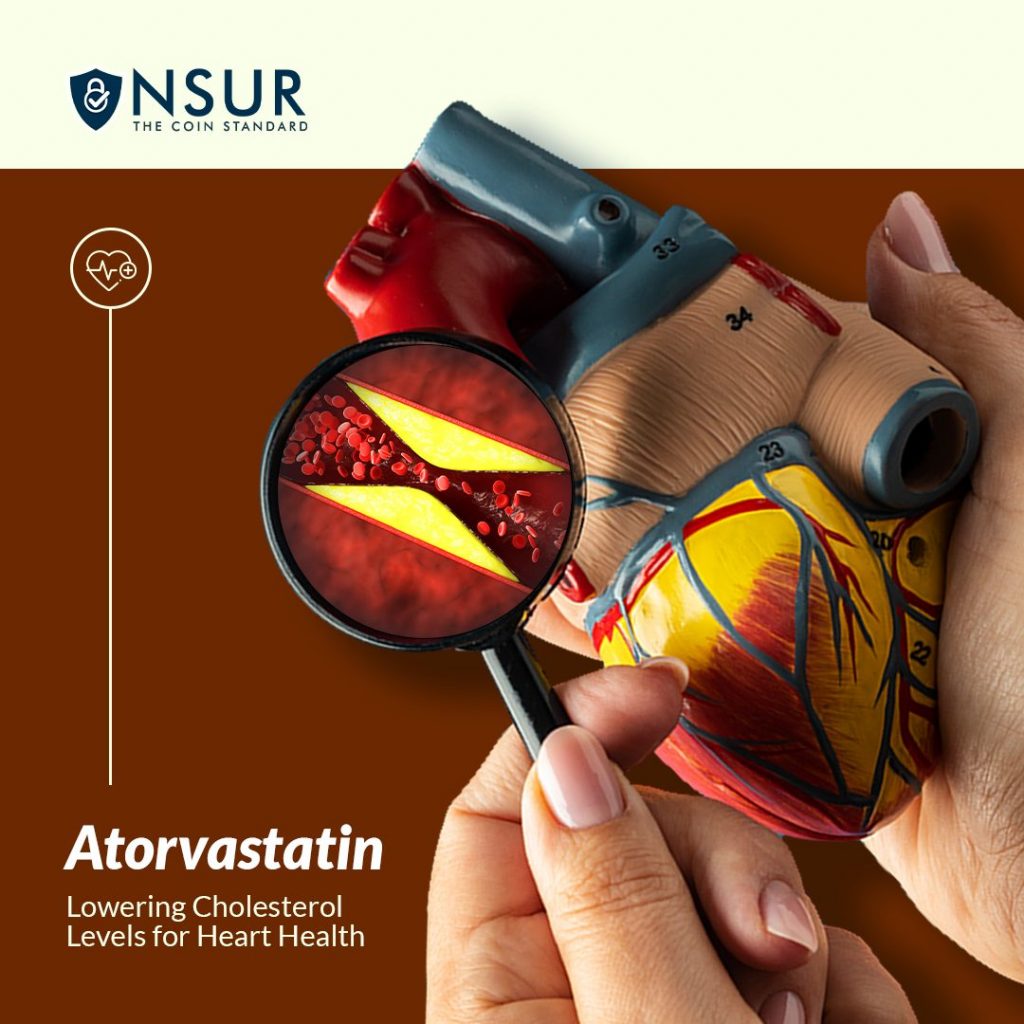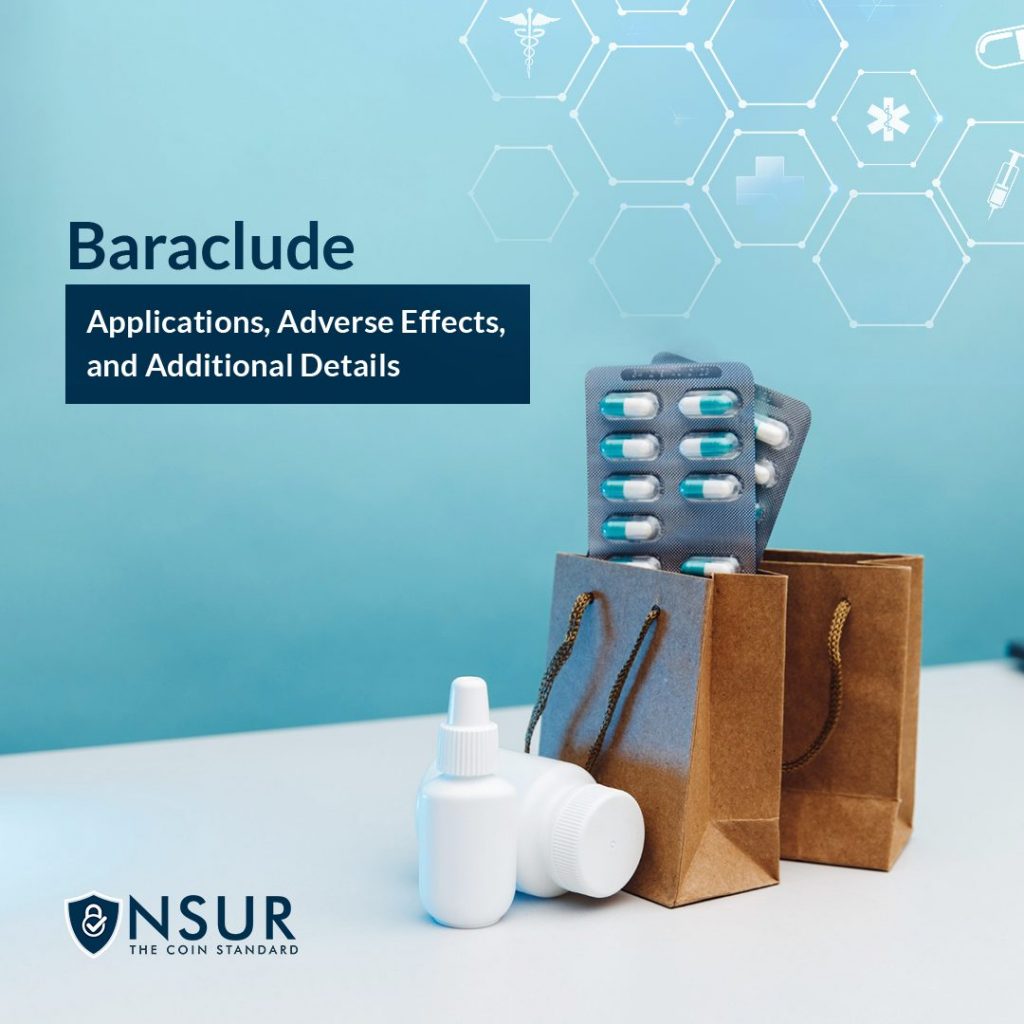
Helping you understand the main risk factors, symptoms, and treatment recommendations for diabetes.
Diabetes is a long-term health issue that affects how your body converts food into energy.
The majority of the food you eat is converted into sugar (also known as glucose) and delivered into your bloodstream. When your blood sugar rises, your pancreas sends a signal to release insulin. Insulin functions as a key, allowing blood sugar to enter cells and be used as energy.
If you have diabetes, your body either does not produce enough insulin or does not use the insulin produced as well as it should. Too much blood sugar remains in your bloodstream when there is insufficient insulin or when cells cease reacting to insulin. This can lead to major health issues such as heart disease, eye loss, and renal disease over time.
Types of diabetes
Diabetes is classified into three types: type 1, type 2, and gestational diabetes (diabetes while pregnant).
Type 1 Diabetes
Type 1 diabetes is thought to be caused by an autoimmune reaction (the body mistakenly attacks itself) that prevents your body from producing insulin. Type 1 diabetes affects around 5-10% of all diabetics. Type 1 diabetes symptoms can appear quickly. It is most commonly diagnosed in children, teenagers, and young adults. If you have type 1 diabetes, you must take insulin every day to survive. At the moment, no one knows how to avoid type 1 diabetes.
Type 2 Diabetes
When you have type 2 diabetes, your body does not use insulin properly and cannot maintain normal blood sugar levels. Type 2 diabetes affects 90-95% of diabetics. It takes many years to develop and is usually diagnosed in adulthood (but more and more in children, teens, and young adults). Because you may not notice any symptoms, it’s critical to have your blood sugar tested if you’re at risk. Type 2 diabetes can be avoided or postponed by making healthy lifestyle changes such as decreasing weight, eating healthy foods, and getting enough exercise.
There is another type of diabetes associated with type 2 diabetes progression called prediabetes. It is a dangerous medical disease in which blood sugar levels are higher than usual but not yet high enough to be diagnosed with type 2 diabetes.
Gestational Diabetes
Pregnant women who have never had diabetes acquire gestational diabetes. If you have gestational diabetes, your baby may be more vulnerable to health concerns. Gestational diabetes normally resolves after your baby is born, but it raises your chance of developing type 2 diabetes later in life. Your child is more likely to be obese as a child or adolescent, and he or she is also more likely to acquire type 2 diabetes later in life.
Risk factors for diabetes
The risk factors for diabetes are different among the three types.
Type 1 Diabetes
Type 1 Diabetes is believed to be the result of immunological response (the body attacks itself by mistake). The risk factors for type 1 diabetes are not as clear as they are for type 2 diabetes and prediabetes. The known risk factors are:
- Family history. Having a family member with type 1 diabetes.
- Age. Type 1 diabetes can occur at any age, but it is more common in children, teenagers, and young adults.
Type 2 Diabetes
You are at risk of developing type 2 diabetes if you:
- Are obese
- Have prediabetes
- Have a family member with a type 2 diabetes
- Are 45 years old and above
Gestational Diabetes
You are at risk for gestational diabetes if you:
- Had gestational diabetes in a previous pregnancy or gave birth to a baby that weighed more than 9 pounds
- Are overweight or obese
- Live a sedentary lifestyle
- Have a family history of type 2 diabetes or haev prediabetes
- Have Polycystic Ovary Syndrome (PCOS)
Gestational diabetes normally resolves after pregnancy, but it raises your chance of developing type 2 diabetes. Additionally, your baby is more likely to acquire childhood or adolescent obesity, as well as type 2 diabetes later in life.
You may be able to prevent gestational diabetes by making lifestyle adjustments before becoming pregnant. These include decreasing excess weight if you are overweight, eating a nutritious diet, and engaging in moderate physical activity on a regular basis.
Prediabetes
You may have prediabetes if you:
- Are overweight or obese
- Live a sedentary lifestyle
- Have a family member who has type 2 diabetes
- Have gestational diabetes during pregnancy
With proven lifestyle modifications, prediabetes can be prevented or reversed. These include decreasing excess weight if you are overweight, eating a nutritious diet, and engaging in moderate physical activity on a regular basis.
Can diabetes be prevented?
Yes! Even if you are at high risk for diabetes, you can prevent or delay the disease by making proven, manageable lifestyle changes such as decreasing a small amount of weight and increasing your physical activity.

Lose weight

Be active
Exercise increases your body’s sensitivity to insulin (the hormone that enables cells in your body to utilize blood sugar for energy), which aids in diabetes management. Additionally, physical activity helps maintain healthy blood sugar levels and reduces your risk of heart disease and nerve damage.

Eat healthy foods
You can lose weight and reduce your risk of developing diabetes by eating more fiber-rich foods. Adding fiber to your diet has numerous health benefits, including lowering blood sugar levels and slowing the absorption of sugar.
Eating a diet rich in fiber can help lower blood pressure and reduce inflammation, two factors that contribute to heart disease.
Diabetes treatments
If you are diagnosed with diabetes, you must eat a healthy diet, exercise regularly, and get frequent blood tests to ensure that your blood glucose levels remain balanced.
You can use the BMI healthy weight calculator to see whether your current weight is healthy.
Type 1 diabetes patients will also require daily insulin injections for the remainder of their lives.
As type 2 diabetes is a progressive disease, medication – usually in the form of pills – may eventually be required.
Although diabetes has no cure, decreasing weight, eating a healthy diet, and exercising can help you manage the disease. If diet and exercise alone are not enough to control your blood sugar, diabetes medicines or insulin therapy may be necessary.
NSURx saves you money while giving you crypto rewards
Diabetes medications can cost anywhere from $4 to $720– or more! – in out-of-pocket expenses.
To help you save money on diabetes medications, NSUR is offering NSURx, a prescription discount card.
Using NSURx at more than 35,000 pharmacies that accept our service, including Walgreens, CVS, and Walmart, can significantly reduce prescription costs. It is possible to save up to 80% on your medications using NSURx.
Moreover, when you use your NSURx card to save money on prescriptions, you are also earning crypto rewards in the form of NSUR Coin!
These tokens will be loaded into your NSUR account, and you can then use them to purchase health and wellness goods and services in our marketplace. Supplements, COVID tests, prescriptions, doctor appointments…it is amazing all the things you can buy with NSUR Coin.











